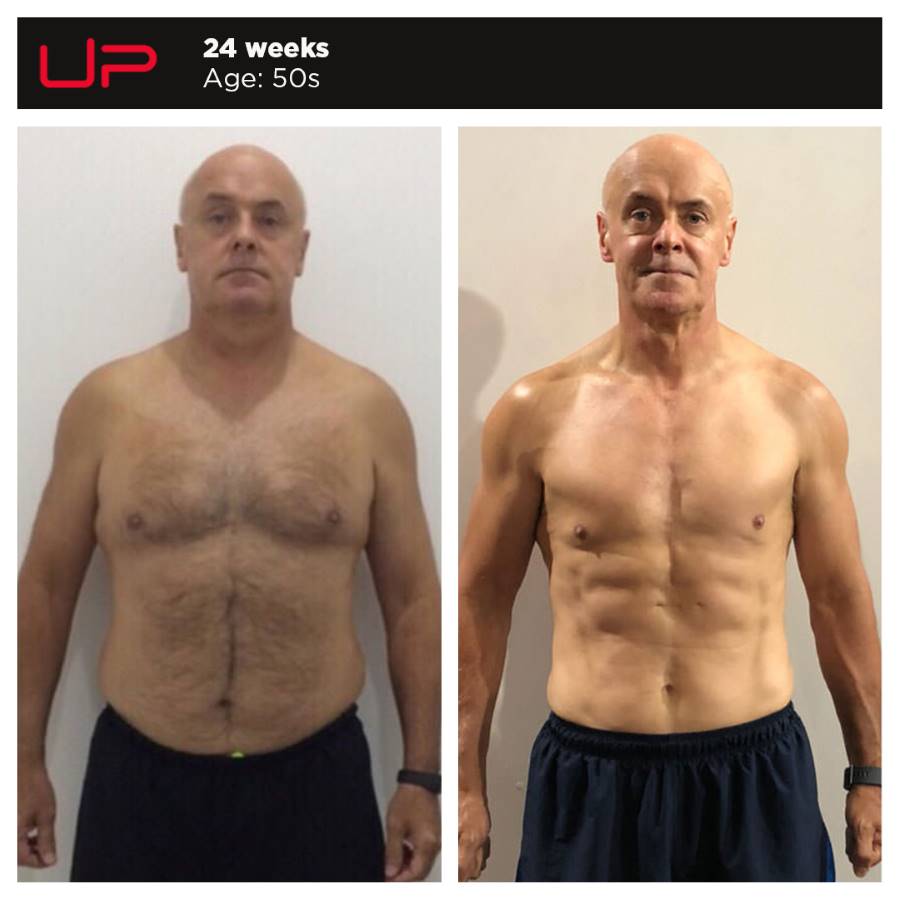People living with rheumatoid arthritis often find it difficult to incorporate exercise into their lives, especially when it comes to strength training. The very thought of lifting something heavy is often off putting due to a fear of pain and injury.
There are many barriers to strength training for rheumatoid arthritis, such as fatigue, pain, medication side effects, and comorbidities such as depression and anxiety.
If you have rheumatoid arthritis, improving your base strength levels is important. However, few sufferers regularly perform strength training.
Here are some of the benefits you might not have considered:
- Strength training lowers the risk of cardiovascular disease, a leading cause of death for those living with rheumatoid arthritis.
- It is one of the most effective tools available for improving body composition, increasing strength and maintaining muscle mass.
- Increasing muscular strength helps support and improve the integrity of joints, meaning that you will feel more stable and better able to move freely. It enhances your ability to perform daily activities, such as getting up the stairs or playing with your kids.
- Psychological benefits including increased confidence and better mental health.
- An improvement of symptoms such as pain, stiffness and fatigue.

After suffering a heart attack and undergoing surgery, Mark’s bad lifestyle and diet habits caused his rheumatoid arthritis to worsen. Read how U.P. helped Mark cut his medication right down and return back to the activities he loves most.
When it comes to starting a strength training programme, it is important, of course, to speak to your doctor as they can better advise on your circumstances. However, here are some things to keep in mind:
- Start small and find exercises you enjoy.
- Listen to your body and take a rest when you need it.
- Try to make it part of your everyday routine to encourage consistency.
- Don’t be afraid to ask for help consider hiring a personal trainer to get the ball and toprovide guidance and support.
- Remember, you will have good and bad days, but don’t let this put you off. It is about understanding your condition and your limitations while not allowing them to scare you out of working towards your health and fitness goals.
Fatigued? Poor sleep? Low energy? Read about how overtraining can affect every aspect of your life and how best to avoid it.



